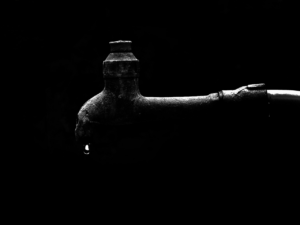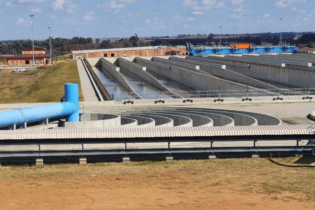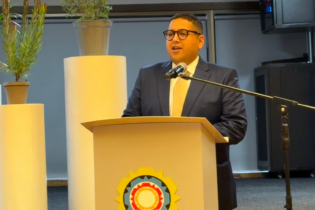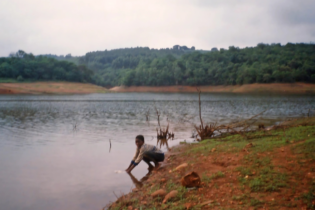President Cyril Ramaphosa established the Water Task Team under the leadership of the Deputy President to address water challenges in various areas in the country.
The Water Task Team is actively overseeing the implementation of measures that will allow municipalities to promptly act on Rand Water’s recommendations to prevent water depletion in Gauteng.
This is according to Deputy President Paul Mashatile who was briefing Members of Parliament (MPs) in the National Assembly on Thursday on various issues.“I have had discussions with the Minister of Water and Sanitation regarding the water challenges in the country, especially in Gauteng,” he told Parliament.The Deputy President was responding to a question from a Democratic Alliance MP, who inquired about the actions the Water Task Team has taken to ensure that municipalities can promptly implement Rand Water’s recommendations. This is particularly urgent because Rand Water warned that the water storage in Gauteng will soon be depleted if municipalities do not act on their recommendations.
WATCH | Deputy President responds to question in the National Assembly
Rand Water is a bulk water utility in Africa and provides bulk potable water to more than 11 million people in Gauteng, parts of Mpumalanga, the Free State and North West provinces. According to the country’s second-in-command, the Minister of Water and Sanitation has also convened urgent meetings with the Gauteng provincial government. Critical measures are currently being implemented to ensure the province does not reach a stage where an adequate water supply becomes a crisis. He emphasised the importance of municipalities implementing recommendations to prevent water depletion. Also, the Deputy President explained that the causes of water supply disruptions in Gauteng have been identified as high levels of leaks in municipal water distribution systems and elevated average consumption levels by residents.Measures taken
Key measures include addressing high leakage rates and illegal connections, enforcing water restrictions, and improving communication and awareness. In addressing these challenges, he said the Department of Water and Sanitation, Rand Water, and the Gauteng Metropolitan Municipalities have set up a technical team to monitor water storage and municipal consumption.“The Department of Water and Sanitation is also engaging with the municipalities to encourage them to address the leaks in their water distribution systems and address illegal connections.”As an advancement from the current Level 1 water restrictions being implemented by municipalities, he stated that the department is collaborating with Gauteng to encourage municipalities to establish and enforce Level 2 and Level 3 water use restrictions. According to the Department of Water and Sanitation, Level 1 restrictions prohibit irrigation of gardens with sprinklers and hosepipes between 6am and 6pm; filling of swimming pools; and washing of paving areas and driveways with hosepipes. In addition, the department facilitated the establishment of the platform for a water-secure Gauteng, in collaboration with Rand Water, municipalities, as well as business and civil society leaders within the province. “This platform is aimed at improving communication regarding water supply challenges and to raise awareness of the need to use water sparingly,” he explained. He added that the platform is currently raising funds that will be used for a major public communications and awareness campaign in the province regarding the need to save water. Further, a shared information repository and dashboard, accessible to the public, has been created on the department’s website, to communicate strategic and timeous information regarding water supply issues in the province. “Given that water challenges are not only confronting the Gauteng province, the government together with partners, is also implementing several interventions to address water challenges across the country.”







